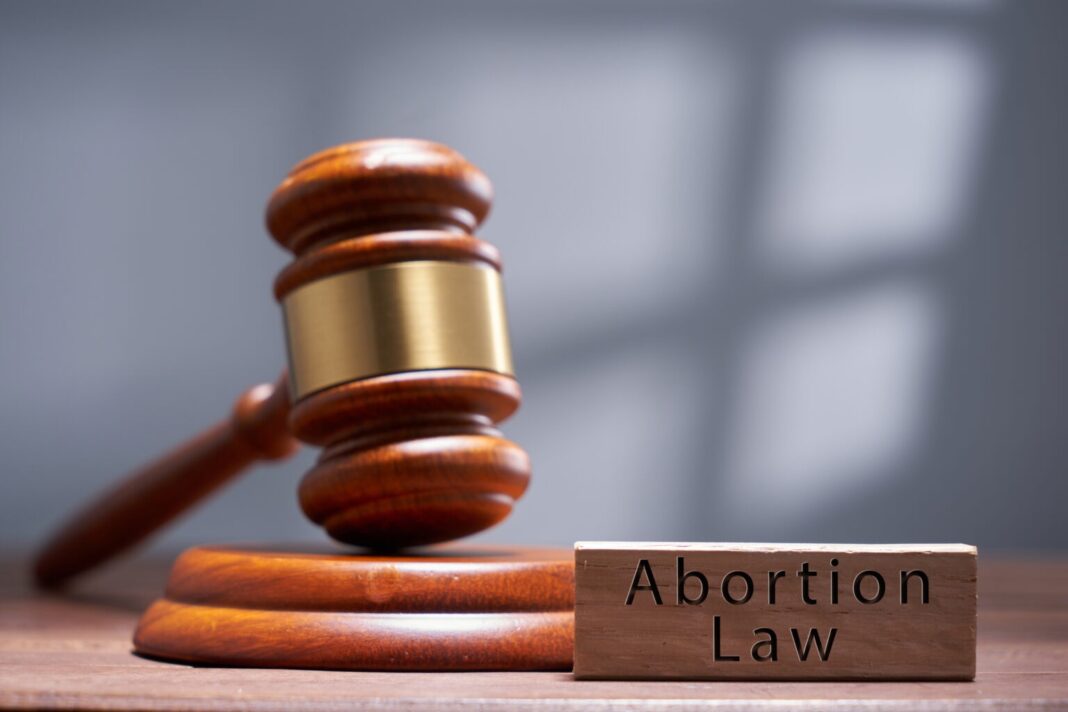As a constitutional challenge to Antigua and Barbuda’s colonial-era abortion law awaits a ruling from the Court of Appeal, Tanya Ambrose, a prominent local advocate for reproductive rights, is emphasizing the need for a more nuanced public dialogue on the complex issue.
Ambrose, a public health professional and founder of the nonprofit Scrub Life Cares, shared her perspective on the ongoing legal battle and the broader abortion debate in a recent interview.
She argued that the discourse often overlooks the diverse circumstances encompassed by the term “abortion”.
“There’s so many other factors behind that, and the word abortion is a bit of a broader term because, again, a miscarriage or what is it called – a spontaneous abortion. That’s not essentially deliberate, it’s more so that an individual is not able to carry that baby to term,” Ambrose explained.
The case at the center of the controversy seeks to overturn the 1857 Offences Against the Person Act, which imposes harsh criminal penalties for abortion, including up to 10 years in prison for women who terminate pregnancies, and two-year sentences for those who assist them.
The law allows only a narrow exception when the mother’s life is in immediate danger.
Ambrose contends that these restrictive measures fail to account for the wide range of personal and medical factors that influence reproductive decisions.
“We can’t talk about body autonomy but yet still want to have that restrictive law in place when it comes to that,” she said. “I just think, again, give individuals the right to make that choice when it comes to their body.”
Beyond advocating for legal reform, she pointed to the critical role of public education in fostering a more informed and compassionate discussion around abortion.
“I think if we’re able to, educate the public, of course; share evidence-based information as it relates to reproductive health and how these restrictive laws may have a negative effect on someone else’s life,” she noted.
While Ambrose acknowledged that the topic remains sensitive in Antigua and Barbuda, where religious and cultural factors shape public opinion, she urged a shift away from viewing abortion through a solely negative lens.
The government’s appeal against an October High Court decision that allowed the constitutional challenge to proceed has further prolonged the legal process.
The outcome of the appeal could have significant implications for reproductive rights in the twin-island nation.
But, for Ambrose, the key to progress lies in fostering a more open and nuanced societal dialogue.
“Once we’re able to come back to understand what our mission is, as people who work in this sector, it’s going to be challenging, but it’s not an excuse for us to keep pushing even more,” she said.




